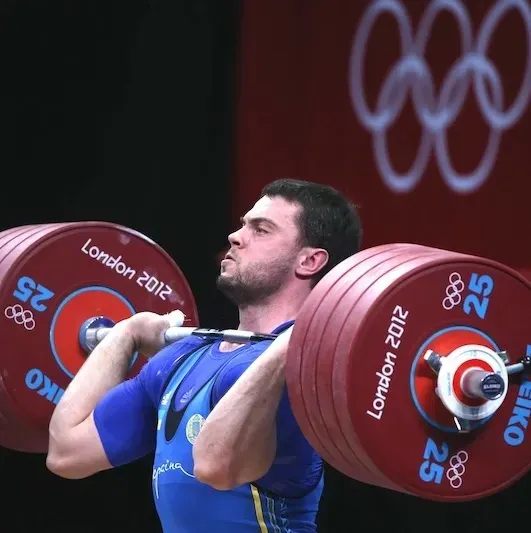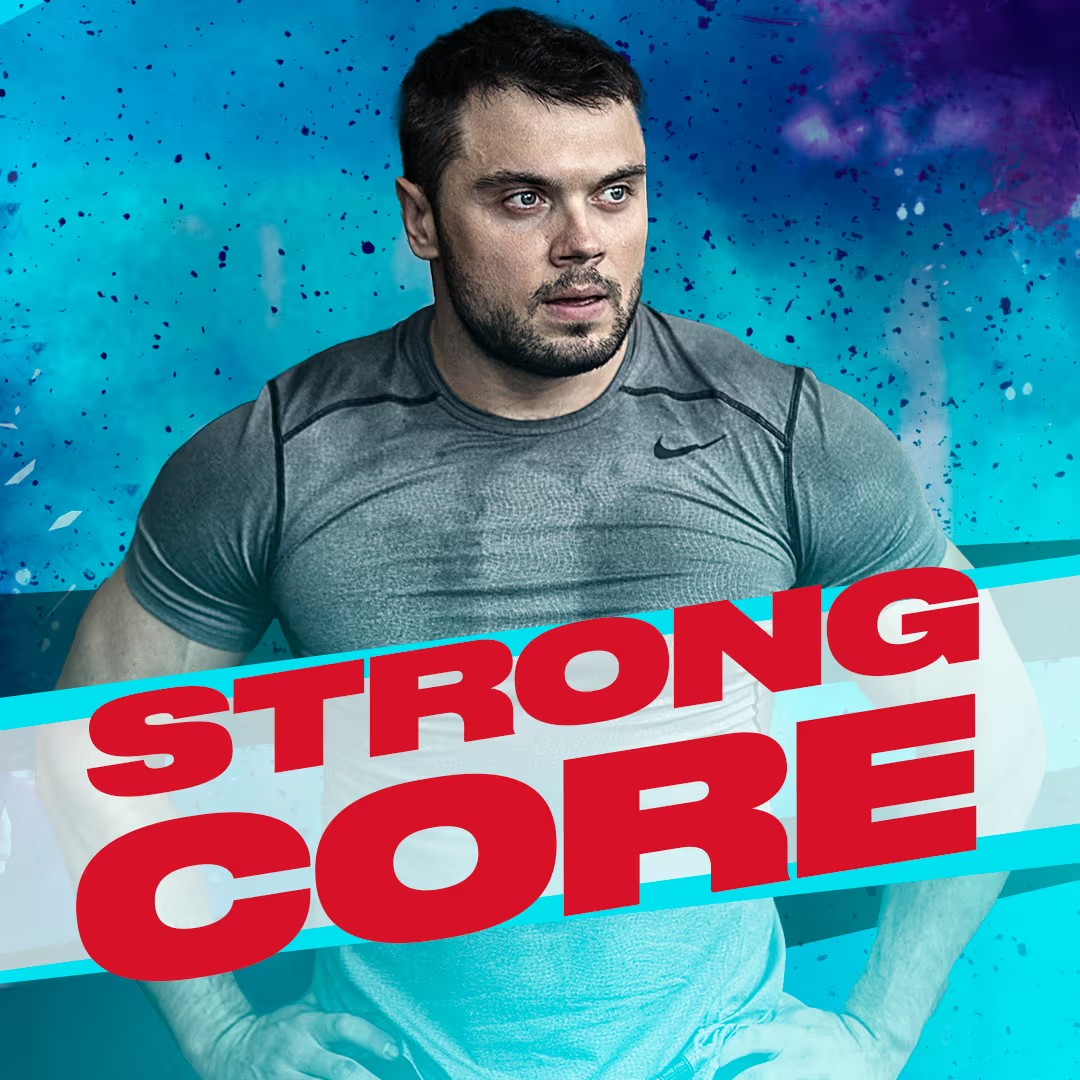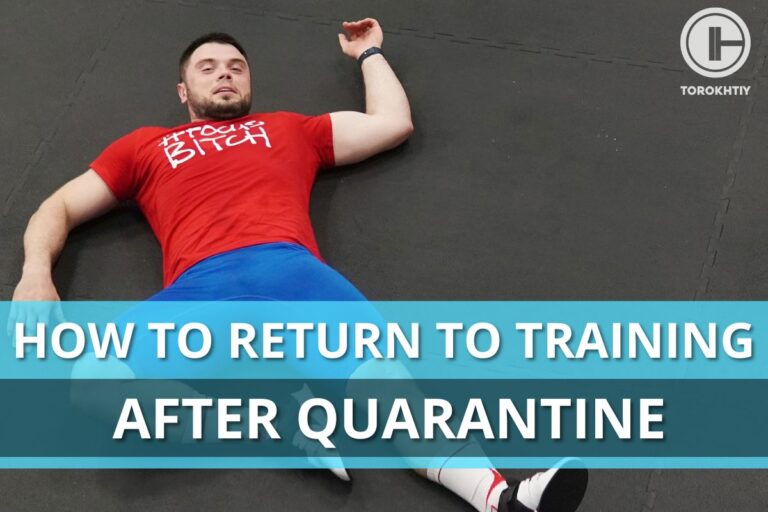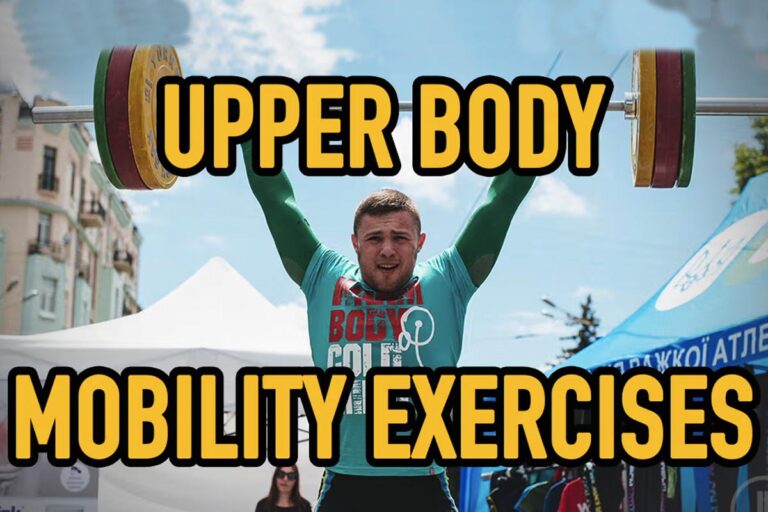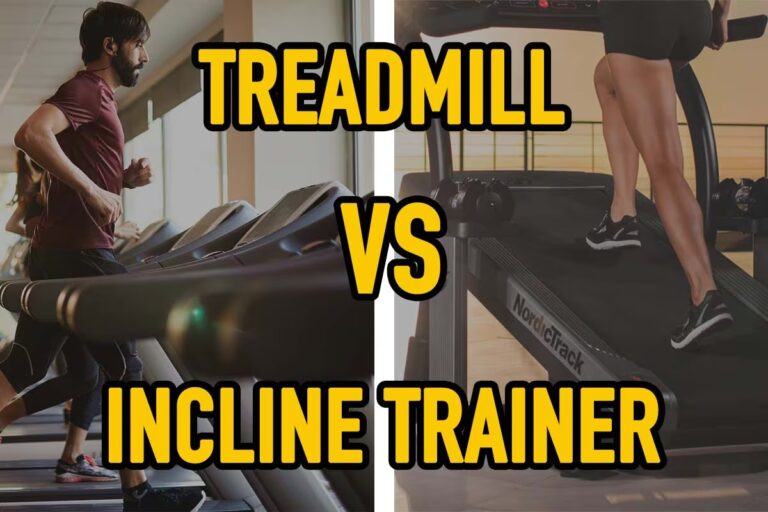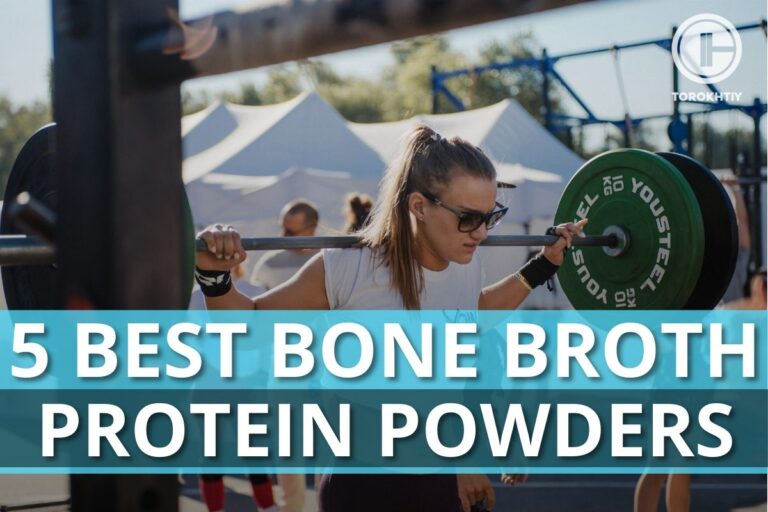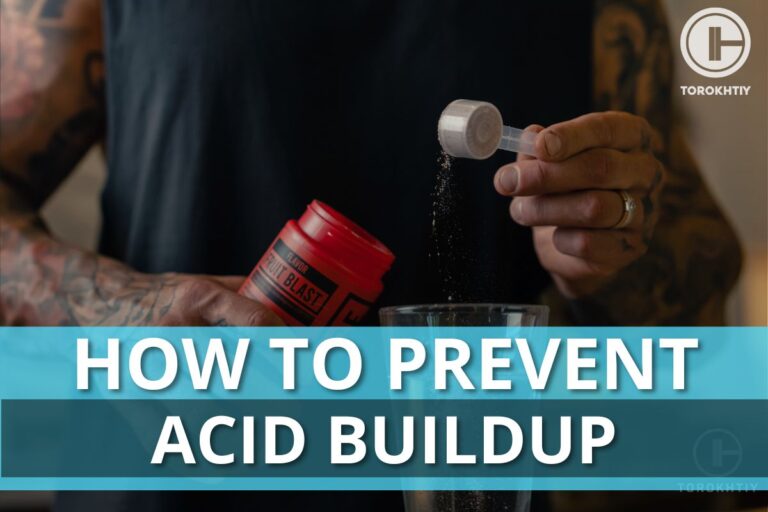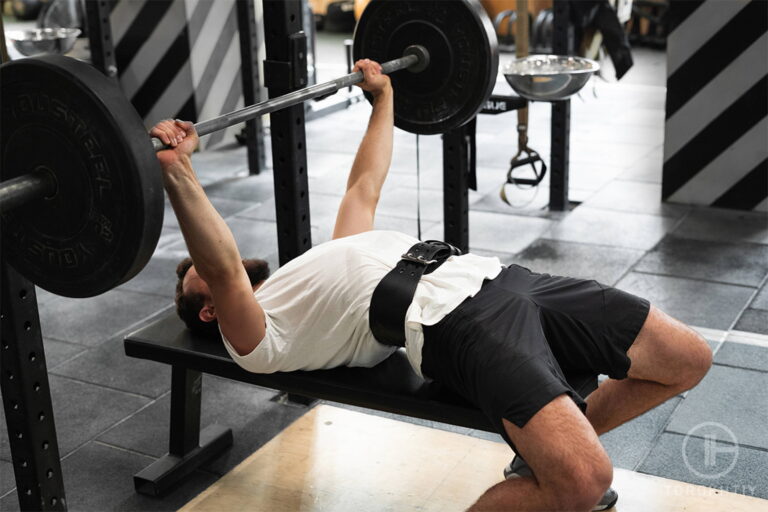Bench Press Elbow Pain: Causes, Treatments And Tips
Bench press elbow pain is a common issue many lifters face at some point in their gym journey. Elbow pain when pressing is often caused by triceps tendinitis. This refers to the pain some lifters feel in the tricep muscle, near the elbow joint, which feels worse when performing movements such as the bench press.
So, what are some causes behind bench press elbow pain?
Bench press elbow pain can be caused by overuse or repetitive movements, poor form, and overtraining which can lead to tricep tendinopathy. Figuring out the cause of your elbow pain when benching is key to getting the right treatment and recovering quickly and effectively.
Feeling soreness in muscles is a good thing when exercising, as it shows you are working your body hard! This doesn’t, however, mean it’s normal to be in severe pain after a session and during the days going forward. Muscle soreness and injury are completely different situations, so if you find you’re feeling a lot of tightness and pain when straightening or bending your elbow, it may be caused by triceps tendinopathy, which requires medical advice.
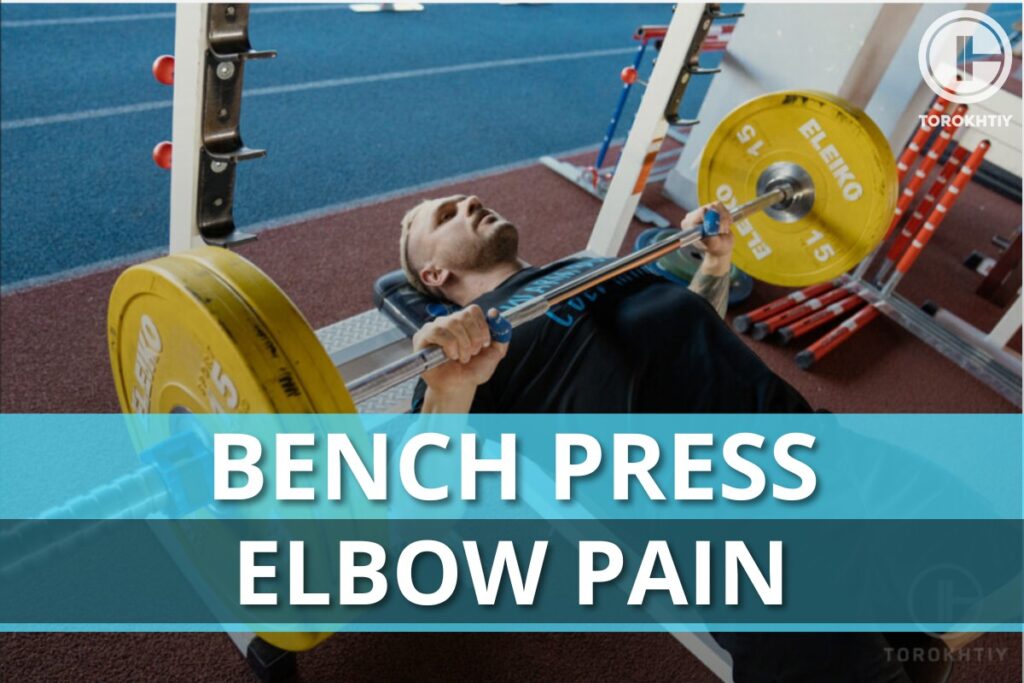
Intro To Bench Press Elbow Pain
Triceps tendinopathy can have a range of treatments from medication to physical therapy, and it’s vital to rest if you feel prolonged pain in your triceps when lifting, as often this injury can worsen with overuse. When completing a bench press, your upper body goes through a lot to support you through the movement; this includes the triceps.
If tricep tendonitis is the cause behind your elbow pain when benching, symptoms may feel like a prolonged soreness in the tricep that continues outside of the gym, a struggle to achieve grip strength when attempting a lift, or tightness when extending your elbow outwards and bringing you arm back towards your body.
Even small amounts of pain in the elbow shouldn’t be ignored. Our bodies have a clever way of letting us know there’s a problem before it manifests and worsens. Experiencing elbow pain from bench press is an issue that should be addressed sooner rather than later, as the pain can continue to get worse if ignored, leading to increased pain, and a longer recovery time moving forward.
What Causes Bench Press Elbow Pain?
Inflammation in the tricep tendon is usually the cause of elbow pain from bench press. This type of inflammation typically stems from overuse or repetitive movements such as those we commonly see in the gym. There are, however, other reasons why you may be having some trouble with your elbows during training.
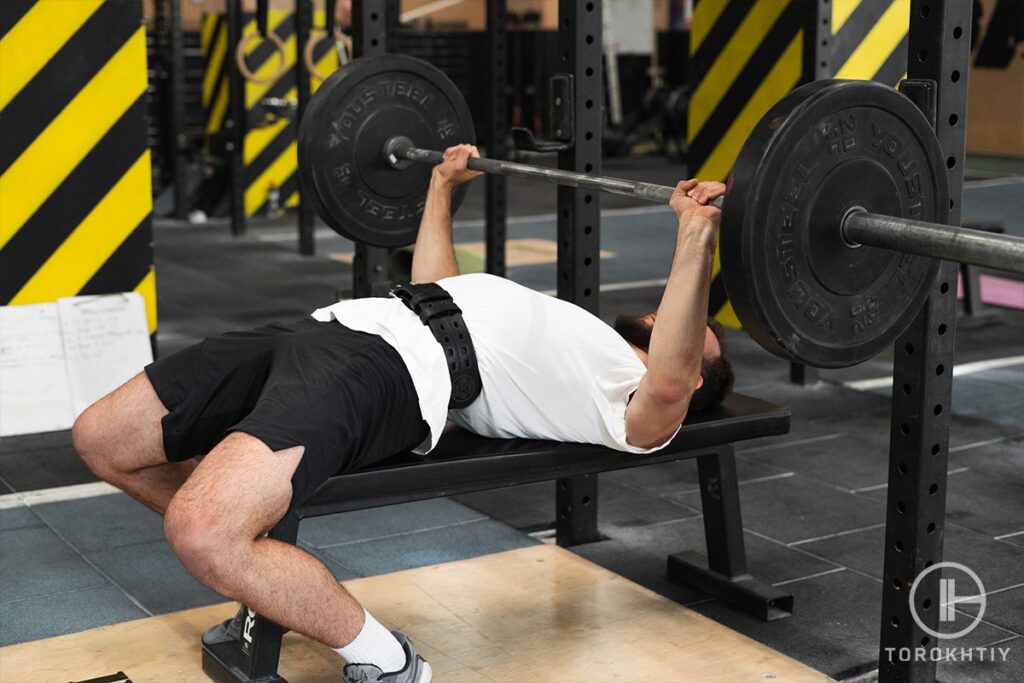
1. Overuse/Repetitive Movements
Performing the same motion time and time again, especially when weight training can lead to problems. Overuse of the same muscles repeatedly can cause pain and fatigue, which is what happens to the tricep muscle during a bench press, particularly highlighted when taking the exercise to the point of failure.
Decreased elbow stability occurs when taking a bench press to failure, and this can be an additional factor in injury risk. Switching things up and keeping your training fresh with diverse workouts and exercises will help improve all areas of your progress, from general fitness to the loads you’re able to lift.
2. Poor Form
Conducting gym exercises correctly is vital in keeping your body in good shape and avoiding injuries. Performing exercises poorly, with weak form can not only be dangerous but also cause damage to muscles and tendons, which can be seen in elbow pain after bench press.
Only proceed with lifts you are confident and able to perform correctly and you’ll see progress from week to week. If you’re not 100% confident heading into a lift, it’s best to reduce the weight and perfect your form to avoid any potential injuries or problems.
Tips From the Champ
If you aren’t sure if your form is correct, regardless of whether the exercise you’re performing is a deadlift, squat, or bench press, ask a trainer! Personal trainers and instructors are in place in gyms for far more than one-to-one sessions.
Firing a question at an instructor about your form will result in you receiving a qualified opinion about your form, along with potential improvements and notes for the future.
Olympic Weightlifting Champion
3. Overtraining
Training can be addictive, especially when you start seeing results in your body, fitness, and lifts as each week passes. Making progress and achieving goals is awesome, but don’t get caught up in overtraining, especially training the same muscles too much.
Not allowing your body to heal and recover after sessions is a gateway for fatigue and potential injury. Plan your sessions sensibly, varying the body parts you’re working on and the types of exercise you’re completing.
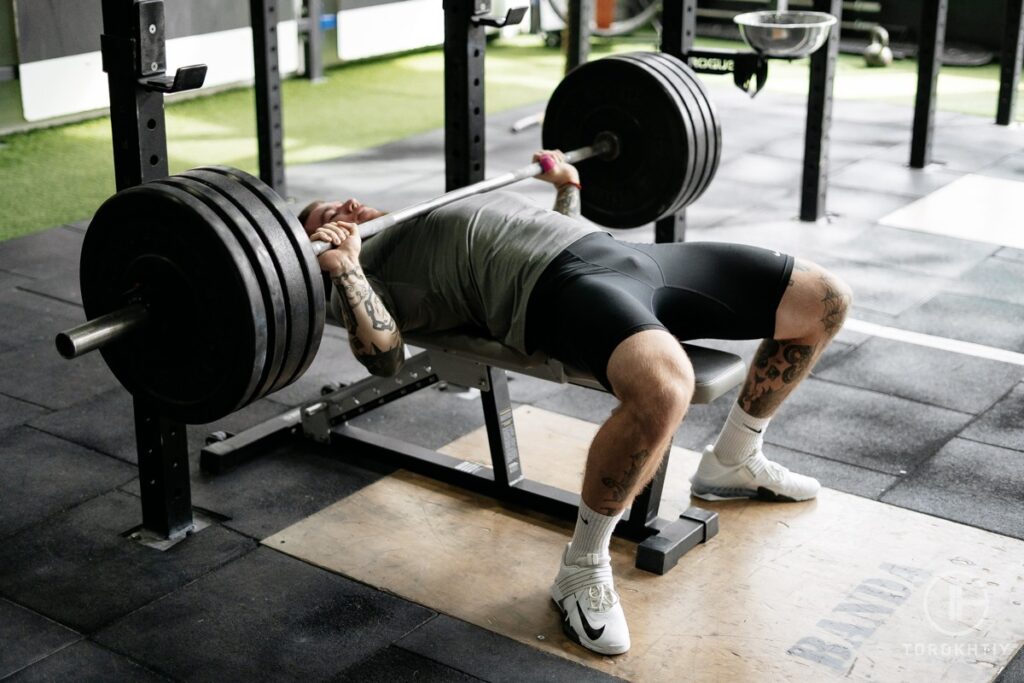
How To Treat Bench Press Elbow Pain
The good news is that even if you are experiencing bench press elbow pain, there are a few things you can do to get back under the bar, and feeling good once again. Accepting you might have an injury is often the hardest part, but trust me, pushing through tricep tendonitis isn’t a wise move!
1. Diagnosis
A variety of causes can be behind a painful tricep, from lifting too much weight too quickly, to performing a press with improper form. To get a full diagnosis of what’s going on inside your elbow area, it’s best to head to a medical professional where you will likely receive an exam of the painful area. You may be asked to complete a range of motions or exercises that can help the doctor better determine the cause and solution to your painful elbow.
2. Rest and Recovery
As with many injuries, sometimes rest and recovery is the best measure to take. Even if you’re halfway through a program or were hoping to test your 1RM in bench over the coming weeks, rest can be the best medicine. Allowing your elbow, tricep, and surrounding muscles abundant time to recover, means you can fully recover from the injury and be back in shape to hit the bar again soon.
3. Treatment
Prescribed medication, physical therapy, and rest are some of the most effective ways of treating tricep tendonitis. If you aren’t able to attend an in-person medical exam, it’s possible to receive treatment through remote means, and this has shown success in treating issues with tendons and more. Getting help from a medical professional is essential in receiving the correct advice and treatment plan for your specific injury.
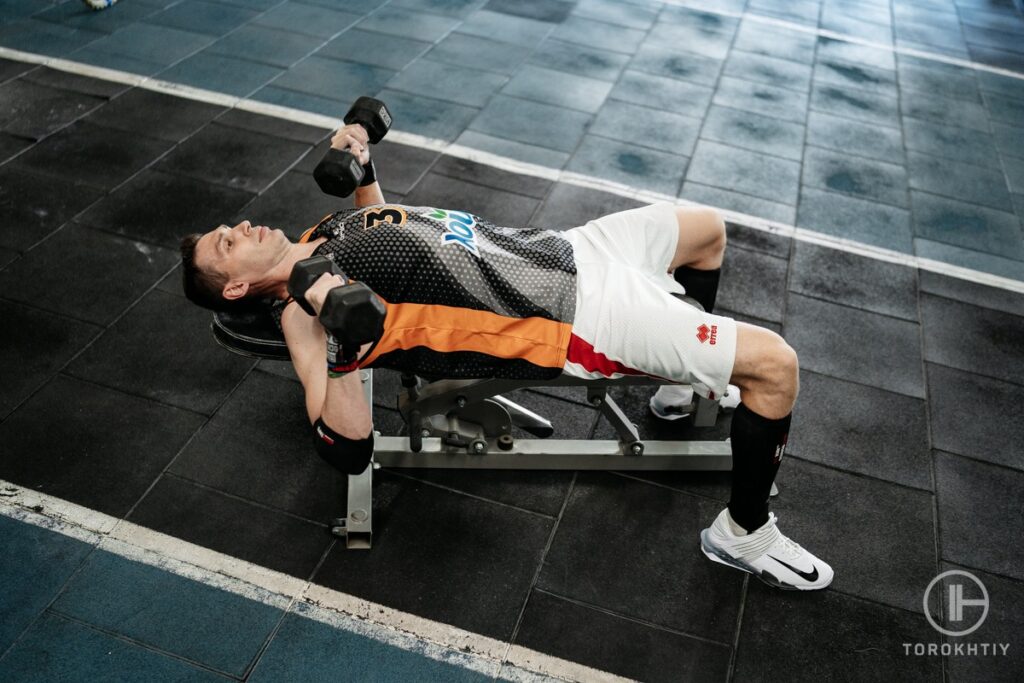
How To Do Bench Press Without Hurting Your Elbows?
Feeling muscle soreness is normal when working out, but when performing a bench press, you shouldn’t be feeling pain in your elbows. If you are, then it’s worth pausing to think about how you’re performing the exercise, along with considering if you may have the beginnings of an injury.
1. Lift With Wider Grip
From engaging your core and getting the proper breathing pattern, to having the right grip, there’s a lot to think about when executing a bench press! Having a narrow grip when pressing can result in more activation in the triceps, but it can cause the elbow to extend unnaturally under load, which can lead to injury if repeated regularly.
Instead, taking a slightly wider grip means more chest activation, so you can target the chest more and your triceps less, potentially reducing bench press elbow pain.
2. Use Your Whole Body
A bench press is clearly a movement targeting the upper extremities, but your core and legs are also a pivotal part of the lift. Planting your feet downwards, keeping your core engaged, and adopting a slight arch in the back, will aid in a safe and successful lift where the stress isn’t solely left to your elbows and triceps.
3. Bench Appropriate Weight
When resistance training, it’s essential to lift within the range of what your body can do as pushing it too hard may lead to injury. Testing your 1RM and increasing the loads you lift over time will likely lead to progress and positive results, but it’s vital not to push your body too much. Following a program or specific guidance from a trainer is a good idea if you’re unsure about the ideal weight you should be benching.
🔻Core and Back Workout Program
Elevate your fitness game with Core and Back Workout Program!
Program details:
- 🔥 Achieve core strength and fat loss.
- 📆 3-week program
- 🏋️♂️ 6-7 days/week
- ⏰ 30-40 minutes per session
- 💡 Expert Guidance by Oleksiy Torokhtiy
Join now for a stronger back, perfect posture, toned core, and renewed energy. Suitable for all fitness levels. Get started today!
4. Warm Up
Getting the body warmed up and ready to move is an essential part of exercise, but it can be easily overlooked. Completing an effective warm-up before diving into a session can help better performance, so it’s important to do so before a bench press. Getting the back, chest, and shoulders activated and ready to work under load can help take some stress off the triceps and instead target the desired muscles.
FAQ
Can Bench Press Cause Tennis Elbow?
Due to the positioning of the elbows in a bench press, it’s common for lifters to experience elbow pain, but this isn’t usually a cause of tennis elbow. Unlike tricep tendonitis which people feel on the inside of their arm around the elbow crease, tennis elbow tends to be felt on the outside of the elbow.
If you are already experiencing elbow problems, it’s best to get checked out by a specialist who can better advise you about your injury, giving a diagnosis and treatment plan moving forward.
Should You Bench With Elbows In?
On the descent of a bench press, the elbows inevitably bend, tucking in as the bar moves closer to your chest. It’s important to find a balance between your elbows tucking in towards the side of your body, and not letting them flare out away from the bench either. Aim for an angle between 45° and 70° to best activate your chest muscles and avoid putting too much stress through the elbows or triceps.
Conclusion
Elbow pain when pressing is something that can affect all lifters from novices to pros, and it’s crucial to listen to your body if you start to feel a niggle in your elbow. Many potential causes lie behind bench press elbow pain, so if your elbows are still giving you problems for a prolonged period, even when you’re not training, it’s wise to get checked out.
Hopefully, with some rest and time away from the bar, you can recover and be on your way to benching successfully again. Have you experienced any pain in your elbows when pressing? If so, what worked for you? We’d love to hear your experience in the comments!
Referenses:
- Brett M. Andres, MD and George A.C. Murrell, MD, Dphil, “Treatment of Tendinopathy: What Works, What Does Not, and What is on the Horizon”, National Center For Biotechnology Information, https://www.ncbi.nlm.nih.gov/pmc/articles/PMC2505250/ (Accessed January 19 2024)
- Yen-Po Huang MS, You-Li Chou PhD, Feng-Chun Chen MS, Rong-Tyai Wang PhD, Ming-Jer Huang PhD, and Paul Pei-Hsi Chou MD, PhD, “Elbow Joint Fatigue and Bench-Press Training”, National Center For Biotechnology Information, https://www.ncbi.nlm.nih.gov/pmc/articles/PMC4080597/ (Accessed January 19 2024)
- Kayvon Golshani, Mark E. Cinque, Peter O’Halloran, Kenneth Softness, Laura Keeling, and J.Ryan Macdonell, “Upper Extremity Weightlifting Injuries: Diagnosis and Management”, National Center For Biotechnology Information, https://www.ncbi.nlm.nih.gov/pmc/articles/PMC5895929/ (Accessed January 19 2024)
- Jared Vagy, “Case Report: Using Telehealth to Treat Triceps Tendinopathy in a Rock Climber”, National Center For Biotechnology Information, https://www.ncbi.nlm.nih.gov/pmc/articles/PMC8978669/ (Accessed January 19 2024)
- Matthew Moreno, Robert George Lockie, “The Close Grip Bench Press”, Strength and Conditioning Journal, https://www.researchgate.net/publication/318289674_The_Close-Grip_Bench_Press (Accessed January 23 2024)
- Fradkin, Andrea J, Zazryn, Tsharni R, Smoliga, James M, “Effects of Warming-up on Physical Performance: A Systematic Review With Meta-analysis”, The Journal of Strength and Conditioning Research, https://journals.lww.com/nsca-jscr/fulltext/2010/01000/effects_of_warming_up_on_physical_performance__a.21.aspx (Accessed January 25 2024)
- Xavier Roy, Keven Arseneault, Pierre Sercia, “The Effect of 12 Variations of the Bench Press Exercise on the EMG Activity of Three Heads of the Pectoralis Major”, International Journal of Strength and Conditioning,
https://journal.iusca.org/index.php/Journal/article/view/39 (Accessed January 20 2024)
Why Trust Us?
With over 20 years in Olympic Weightlifting, our team does its best to provide the audience with ultimate support and meet the needs and requirements of advanced athletes and professional lifters, as well as people who strive to open new opportunities and develop their physical capabilities with us.
By trusting the recommendations of our certified experts in coaching, nutrition, dietology, and sports training programming, as well as scientific consultants, and physiotherapists, we provide you with thorough, well-considered, and scientifically proven content. All the information given in the articles concerning workout programming, separate exercises, and athletic performance, in general, is based on verified data. We ensure that you can rely on our professionals’ pieces of advice and recommendations that can be treated as personalized ones which will benefit you and fully meet your needs.
The product testing process is described in more detail here
Author: Sergii Putsov
Head of Sport Science, PhD
Best Results: Snatch – 165 kg,
C&J – 200 kg
Sergii Putsov, Ph.D., is a former professional weightlifter and National team member, achieving multiple medals in the 94 kg weight category at national competitions. With a Master’s degree in “Olympic & Professional Sport Training” and a Sport Science Ph.D. from the International Olympic Academy, Greece, Sergii now leads as the Head of Sport Science. He specializes in designing training programs, writing insightful blog articles, providing live commentary at international weightlifting events, and conducting educational seminars worldwide alongside Olympic weightlifting expert Oleksiy Torokhtiy.

